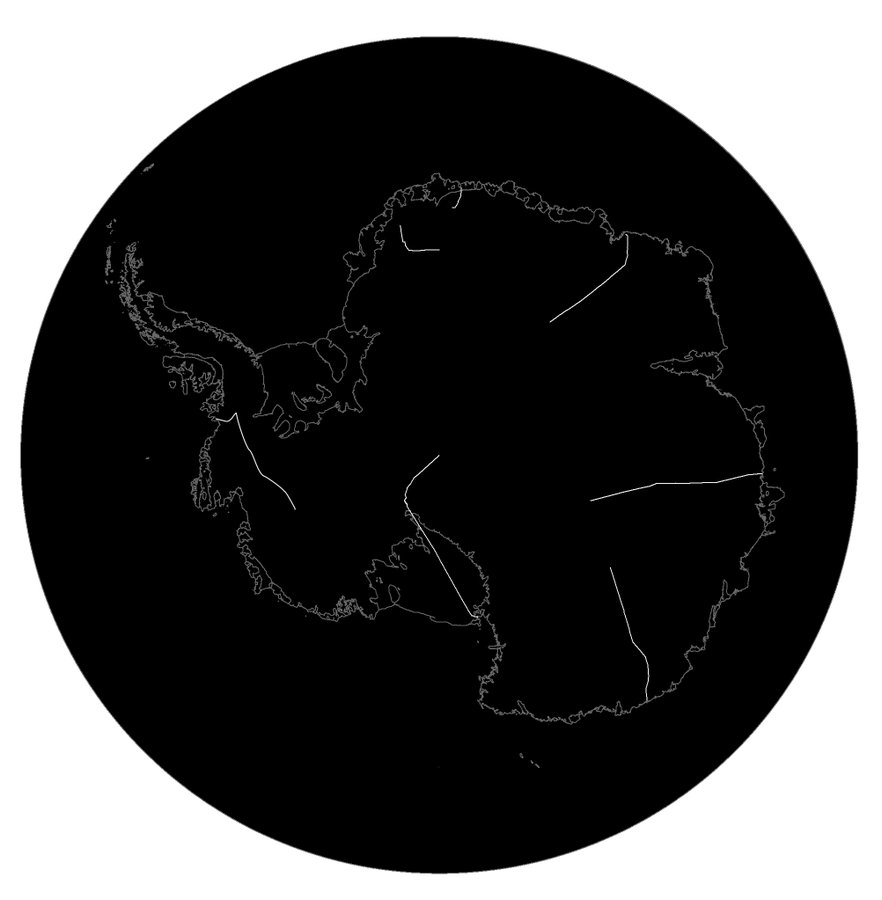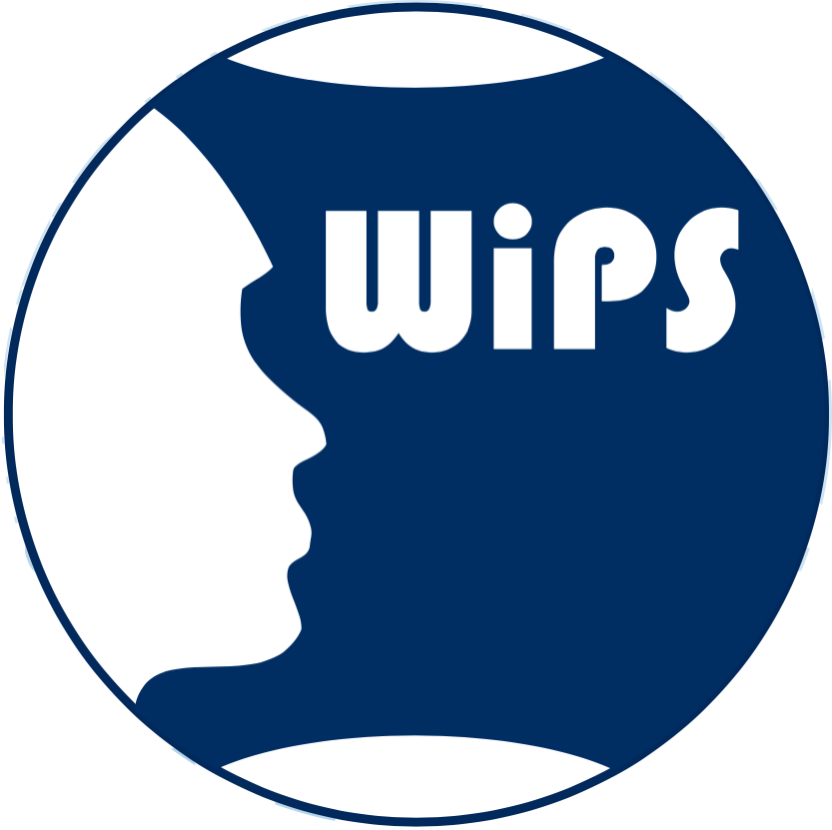
Eva Riehle, MSc
Discipline: Environmental toxicology, polar microbial diversity
Age: 29
Nationality: Germany
Organisation: University of Konstanz (Germany)
Regional focus: Arctic and Antarctic
Social media: Instagram and Twitter
What’s the work that you do?
Coordination and management of the Department of Top Predator Biology.
Coordination of the Antarctic Seabirds programme of the Argentinean Antarctic Institute.
Planning, management and coordination of seabird study and conservation programmes. Scientific research aimed at developing knowledge of the trophic and reproductive biology of Antarctic seabirds and their relationship with fisheries, tourism and climate change.
Design and execution of scientific projects aimed at deepening knowledge of the influence of fisheries, tourism and climate change on the population trends, diet and reproductive success of Antarctic seabirds.
Advice on the establishment of cooperation agreements with national and international groups whose subject matter is related to the defined scientific objectives.
Advice to the different national bodies and Argentine delegations attending Antarctic Treaty meetings on specific issues related to the Biodiversity and Conservation Ecology of Antarctic seabirds.
Advice at scientific-technical meetings of the Agreement on the Conservation of Albatrosses and Petrels (ACAP) as part of the Expert Group.
Advice and participation in the development and updating of Management Plans in Antarctic Specially Protected Areas (ASPAs).
Training of qualified human resources for the study of the trophic and reproductive ecology of Antarctic seabirds.
Dissemination of the scientific activities of the area in institutes and universities that develop or are interested in Antarctic research and to the general public.
What keeps you going?
I have always loved nature in all its forms, Antarctica inspired me since I was a child, it was a special place.
Nowadays and for years being linked to this place through my work, scientific research, is a personal achievement in my life. I have made 16 campaigns to Antarctica and all of them have been unique, from being in large scientific bases, in smaller bases, in shelters and in camp, in the middle of September on the frozen sea, observing the colony of emperors with which I work. I am fascinated by what I do and what I learn every day. I need to know that what I do is useful to protect the species and the environment from the ultimate predator, the human being.
What’s your message to the world?
Sometimes I feel that what I think and promote from my work is smaller than a grain of sand, that it is a utopia to think and feel that the planet and its health is the most important thing in our lives. Every day around us we see stories of war, homeless people, destroyed environments, massacres of nature and animals, all images that make us despair, disenchant and sad. But we must go forward thinking and acting so that this world, including the poles, will be known, because knowledge brings commitment and commitment brings feeling, you cannot love what you do not know, nor defend what you do not love.

Iryna Kozeretska, DSc
Discipline: Polar invertebrate population genetics and genomics
Age: 60
Nationality: Ukraine
Organisation: National Antarctic Scientific Center, Kyiv (Ukraine)
Regional focus: Antarctic
Social media: Facebook
What’s the work that you do?
I am a scientist who started mainly with the vascular plants of Antarctica. I studied their genetic diversity, possible adaptations and origins in the Antarctic region. Part of my work involved working in Antarctica (Henryk Arctowski Polish Antarctic Station, Comandante Ferraz Antarctic Station) to collect samples and set up experiments. I am currently investigating the biodiversity and population genetics of invertebrates in the Antarctic region. At the National Antarctic Scientific Center, I study the biodiversity of terrestrial and freshwater invertebrates, draw conclusions about certain aspects of the microbiome based on isolated DNA, and study the life cycle and morphology of species under global warming conditions.
What keeps you going?
My work is unique and inspiring: it allows me to work in a very special place on the planet. Almost every day, I face new challenges including having to master methods I have not previously used, organizing research that has not been carried out by Ukrainian scientists in previous years, attracting foreign researchers, integrating into international projects, inspiring young scientists with my own experience and supporting them in their endeavors and work.
What’s your message to the world?
There are unique places on this planet that should be protected by studying their features and learning from them to survive in extreme conditions. Antarctica strengthens people and teaches them to join forces and achieve more together than you can hope for on your own. Dream, set challenging goals, and confidently move towards making your dreams come true. Then, you will have success and pleasure in achieving your goal.

María José Nariño
Discipline: Antarctic phytoplankton and ecology
Age: 24
Nationality: Colombia
Organisation: IDEAL Center of Chile
Regional focus: Antarctic
Social media: TBC
What’s the work that you do?
Research work on the Antarctic phytoplankton community and the changes it has had in terms of composition, abundance and biomass over time considering climatic indices and seasonality
What keeps you going?
I like what I do because I love doing science, knowing that in some way I can contribute something to the planet, in this case with research. In addition, knowing how polar ecosystems behave has an important relationship with even tropical ecosystems
What’s your message to the world?
Taking care of the Antarctic ecosystem is of great importance to the world, we depend on the climatic regulation that this environment generates, so protecting it must be fundamental for us as humans because if we continue as we do today, there will come a point where there is no turning back and our poles melt and increase the sea level worldwide, affecting everything in its path

Eva Riehle, MSc
Discipline: Environmental toxicology, polar microbial diversity
Age: 29
Nationality: Germany
Organisation: University of Konstanz (Germany)
Regional focus: Arctic and Antarctic
Social media: Instagram and Twitter
What’s the work that you do?
I am a scientist working primarily on cyanobacteria in polar regions. I study their contribution to microbial mats in the Arctic and Antarctica, which toxins they produce, and how climate change will impact them. Part of my job is to go to remote regions in the Arctic and Antarctica to collect samples and set up experiments. At the university, I do plenty of DNA metabarcoding and bioinformatics to study microbial diversity and mass spectrometry to analyze the presence of cyanotoxins in the environment. I also teach several courses for Bachelor and Master students about ecology in polar regions and the presence and fate of natural toxins.
What keeps you going?
I am working on such an interesting project and get to combine cool research methods with a topic that (generally speaking) concerns almost everyone. My job allowed me to experience far away, remote places and I feel incredibly privileged I get to work in the Arctic and Antarctica. There are new challenges every day, from changing weather conditions to broken equipment, and I love figuring out a creative way to make the science happen. When I am home, I enjoy teaching courses at the university to share my knowledge and inspire other scientists to work on projects they really care about.
What’s your message to the world?
The sense of community I’ve experienced at polar research stations is outstanding, and I think a little bit of that supportive and encouraging environment in everyday “normal life” wouldn’t hurt. Staying in the Arctic and Antarctica also makes you realize again how precious the Earth is and that we must try and protect it as best we can! Climate change is real, it’s fast and has dramatic effects. Lastly, if there is something you really want to do, be brave and dare to dream. It can be daunting at times, but most of the time it is worth it in the end!



Eva Riehle, MSc
Discipline: Environmental toxicology, polar microbial diversity
Age: 29
Nationality: Germany
Organisation: University of Konstanz (Germany)
Regional focus: Arctic and Antarctic
Social media: Instagram and Twitter
What’s the work that you do?
I am a scientist working primarily on cyanobacteria in polar regions. I study their contribution to microbial mats in the Arctic and Antarctica, which toxins they produce, and how climate change will impact them. Part of my job is to go to remote regions in the Arctic and Antarctica to collect samples and set up experiments. At the university, I do plenty of DNA metabarcoding and bioinformatics to study microbial diversity and mass spectrometry to analyze the presence of cyanotoxins in the environment. I also teach several courses for Bachelor and Master students about ecology in polar regions and the presence and fate of natural toxins.
What keeps you going?
I am working on such an interesting project and get to combine cool research methods with a topic that (generally speaking) concerns almost everyone. My job allowed me to experience far away, remote places and I feel incredibly privileged I get to work in the Arctic and Antarctica. There are new challenges every day, from changing weather conditions to broken equipment, and I love figuring out a creative way to make the science happen. When I am home, I enjoy teaching courses at the university to share my knowledge and inspire other scientists to work on projects they really care about.
What’s your message to the world?
The sense of community I’ve experienced at polar research stations is outstanding, and I think a little bit of that supportive and encouraging environment in everyday “normal life” wouldn’t hurt. Staying in the Arctic and Antarctica also makes you realize again how precious the Earth is and that we must try and protect it as best we can! Climate change is real, it’s fast and has dramatic effects. Lastly, if there is something you really want to do, be brave and dare to dream. It can be daunting at times, but most of the time it is worth it in the end!
